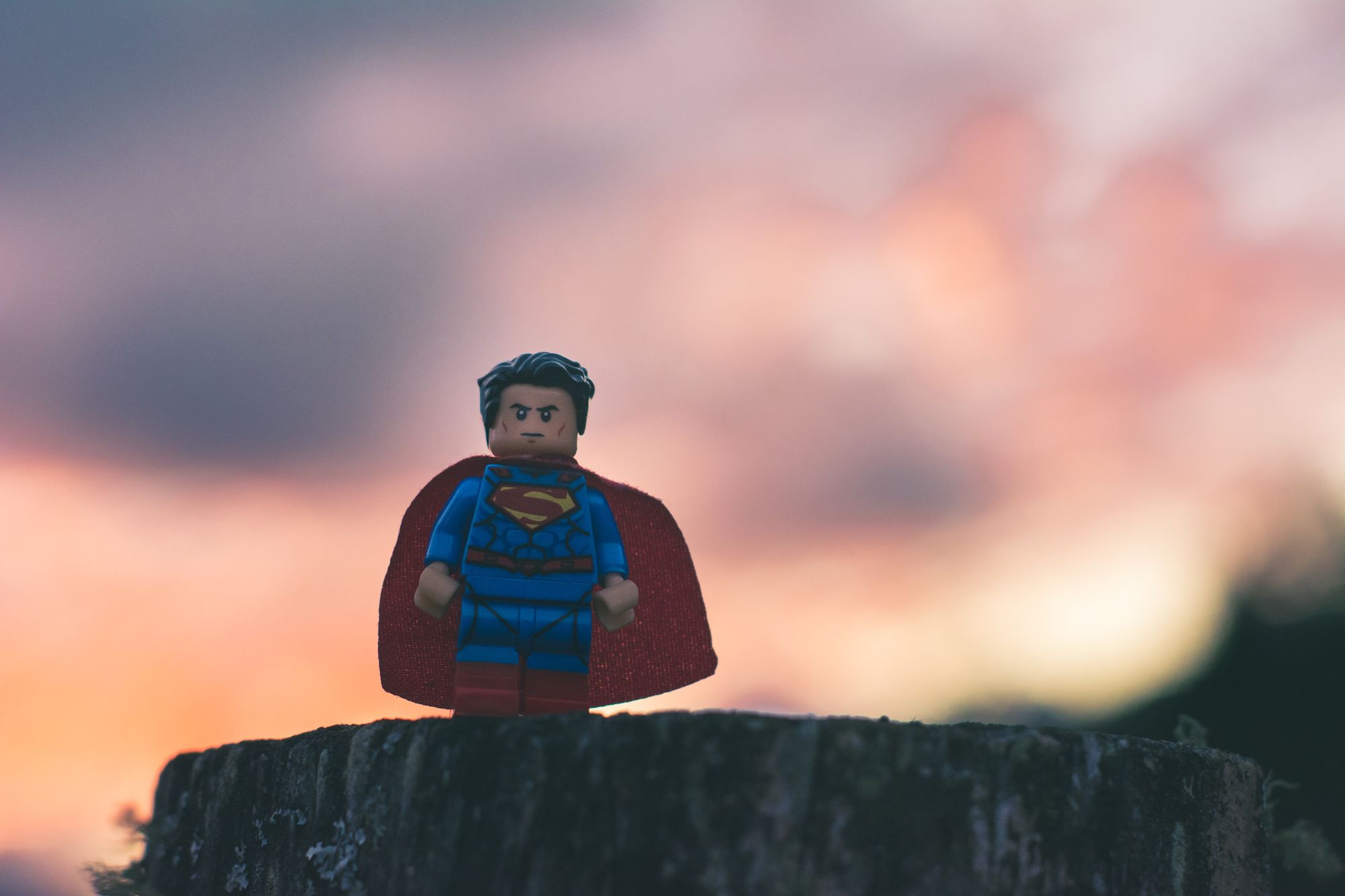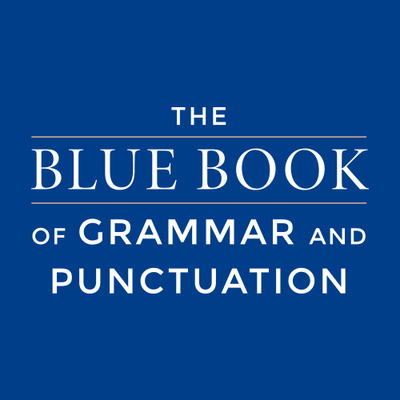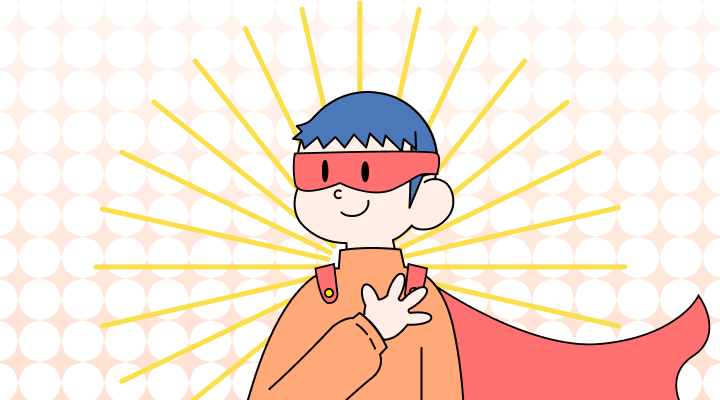In France, the word héros refer to male heroic figures, while heroes is an English term that is gender neutral. Both refer to figures who demonstrate courage or accomplishments.
The concept of heroes transcends cultural and linguistic boundaries, but it's interesting to note that different languages and cultures sometimes employ distinct terms like "héros" and "heroes," each carrying its own nuance and connotation. These differences can shed light on how societies perceive and celebrate heroism.

When is héros used?
In French, héros typically refers to a male hero, while "héroïne" is used for a female hero. The word "héros" often evokes images of chivalrous knights, historical figures, or fictional characters who undertake extraordinary quests or feats of valor. It carries a sense of honor, nobility, and bravery. In French literature and folklore, héros like King Arthur or Jeanne d'Arc exemplify these qualities.
We do not use héros in English statements; the correct term would be heroes.
When is heroes used?
The term heroes in English is more inclusive and gender-neutral. It encompasses both male and female figures who demonstrate exceptional courage, virtue, or achievements. Heroes in English may include not only warriors and historical figures but also modern-day individuals who make a significant positive impact on their communities or the world.
Example sentences
- Heroes throughout history have shaped the course of nations with their remarkable leadership and unwavering dedication.
- In the face of adversity, ordinary people often discover their inner heroes, demonstrating incredible strength and resilience.
- Heroes like Nelson Mandela have shown that forgiveness and reconciliation can be powerful tools for positive change.
- The world of literature is filled with iconic heroes, from the valiant King Arthur to the enigmatic antihero, Jay Gatsby.
- Firefighters are often unsung heroes, risking their lives to save others from blazing infernos.
- Teachers are the unsung heroes of society, molding young minds and shaping the future.
- Superheroes in comic books and movies captivate audiences with their extraordinary powers and moral dilemmas.
- Heroes come in all forms; some wear capes, while others wear lab coats or police uniforms.
- Environmental activists, like Greta Thunberg, are modern-day heroes fighting to preserve our planet for future generations.
- In times of crisis, communities come together, and everyday people become heroes, demonstrating the strength of unity and compassion.
Common idioms/phrases
- Unsung heroes: Refers to individuals who have done courageous or admirable deeds but have not received recognition or praise for their actions.
- Example: The volunteers who cleaned up the park are the unsung heroes of our community.
- Everyday heroes: Ordinary people who show great courage, kindness, or resilience in their daily lives.
- Example: Teachers who inspire their students to succeed are often considered everyday heroes.
- Heroes and heroines: Used to describe the main characters in a story or narrative, especially in literature and film.
- Example: The heroes and heroines of the epic adventure faced many challenges on their quest.
- Heroes in a half shell: A reference to the Teenage Mutant Ninja Turtles, a popular fictional group of anthropomorphic turtles with martial arts skills.
- Example: My kids love watching the adventures of the heroes in a half shell on TV.
- Rise to the occasion: Not a direct use of "heroes," but this phrase implies that someone has shown heroic qualities by meeting a challenging situation with bravery and determination.
- Example: When disaster struck, the community came together and rose to the occasion to help those in need.
The subtle cultural difference between héros and heroes
While the linguistic differences between héros and heroes may seem subtle, they reflect broader cultural distinctions in how heroism is perceived and celebrated. French culture often emphasizes the ideals of honor, duty, and romanticism, which are closely tied to the concept of héros. In contrast, English-speaking cultures place a greater emphasis on diversity and inclusivity, which is reflected in the more gender-neutral term "heroes."
Ultimately, whether we call them "héros" or "heroes," these figures represent the best of humanity—individuals who rise above challenges and inspire us with their courage, compassion, and selflessness. Regardless of the language we use, heroes and héros remind us of the enduring power of the human spirit and our capacity for greatness.
Want to sound like a native speaker?
Engram’s AI-powered grammar checker makes your English sound like a native speaker’s, suggesting natural English expressions on top of fixing grammar, spelling, punctuation, word order, and vocabulary.

Reference














